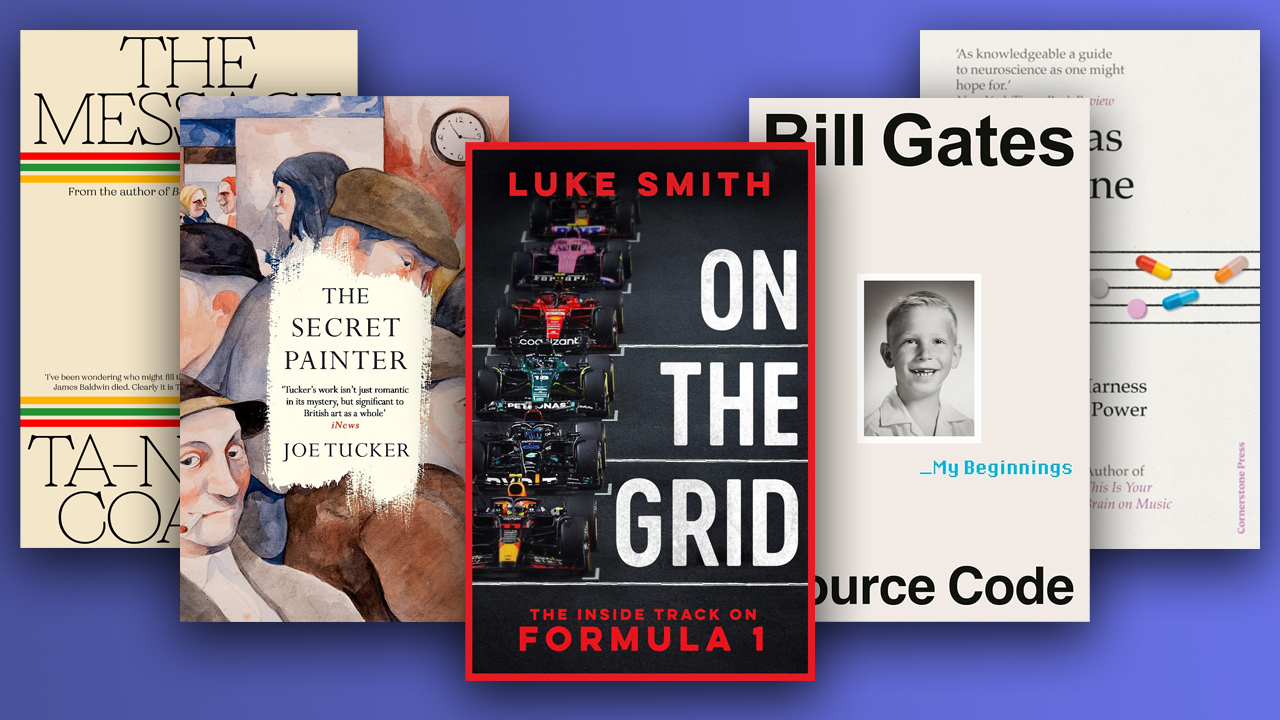

The internet loves a success hack and it loves some quick maths, so here’s a little of both. If you read all ten of these non-fiction titles in the next couple of months, you’d be 67% of the way to the average number of books Brits read a year. Keep at it and you’ll blast through at least fifteen by summer and then for the rest of the year you’ll be ahead, above average, absolutely unstoppable. (In reading terms).
Or, you know, you could watch that TikTok about all the books everyone else is reading again.
Over the next few months in new non-fiction books, we’re getting sharp ideas about philosophy, music and the body, and how to avoid joining this century’s Hitler Youth, together with stories about polar exploration, early Silicon Valley, 90s Hollywood and F1 shenanigans. There’s no book about AI on this list (and many, many have been written) because honestly it’s moving way too fast. Get cracking.
1. Music as Medicine: How We Can Harness Its Therapeutic Power
(Daniel Levitin)
Bryan Ferry once sang “love is the drug” and now neuroscientist Daniel Levitin is hell bent on proving that no, music should be the drug we’re all thinking of. The author of the excellent Your Brain on Music is back with a book endorsed by both Paul McCartney and Neil deGrasse Tyson. It taps into cutting-edge science on how music can slow the spread of Alzheimer’s and Parkinson’s, ‘cure’ PTSD, fight MS and repair our deepest, darkest memories. So hey, maybe that band really did save your life after all.
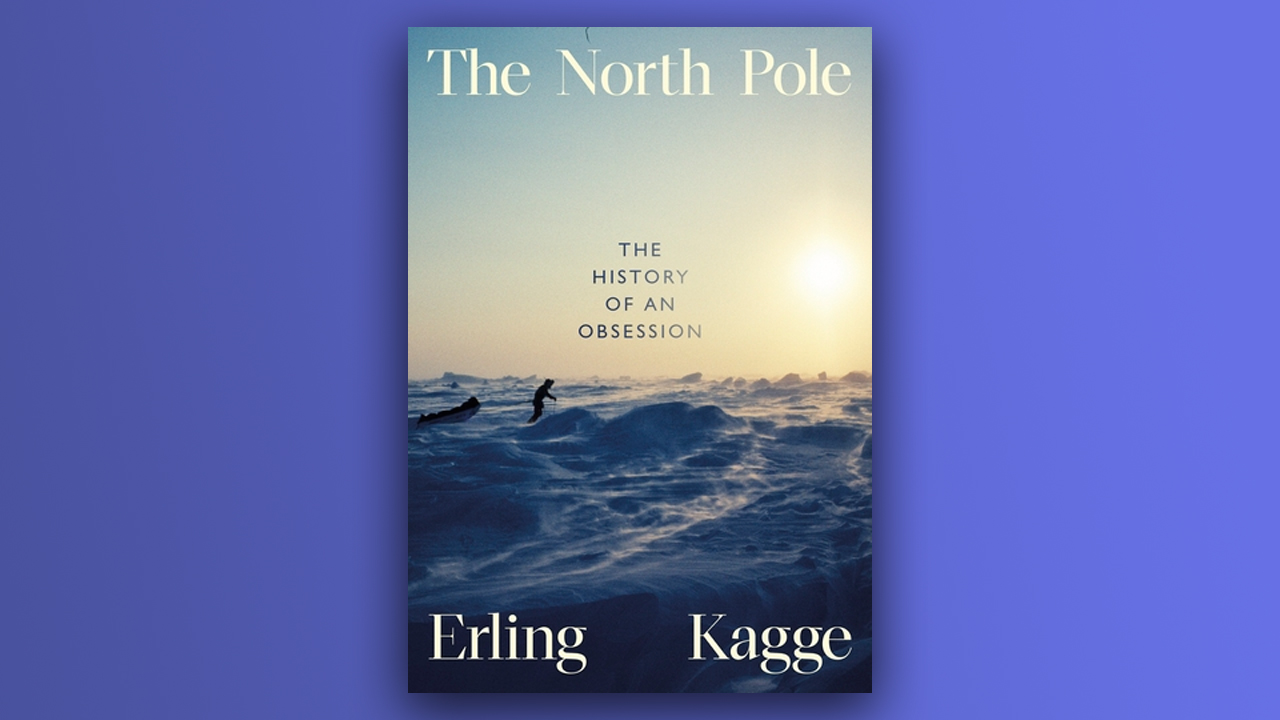
2. The North Pole: The Story of an Obsession
(Erling Kagge)
Erling Kagge is the real deal: he was the first person in history to reach the North Pole, the South Pole and the summit of Mount Everest. (Oh, and he collects art). He made his trip to the Arctic in 1990 and this book is a mixture of memories of that expedition, thoughts on the psychology of adventurers and a history of polar writers, cartographers and explorers. Perfect reading for when you’ve rewatched Frozen Planet II and it’s still cold and dark out.
Get exclusive shortlists, celebrity interviews and the best deals on the products you care about, straight to your inbox.
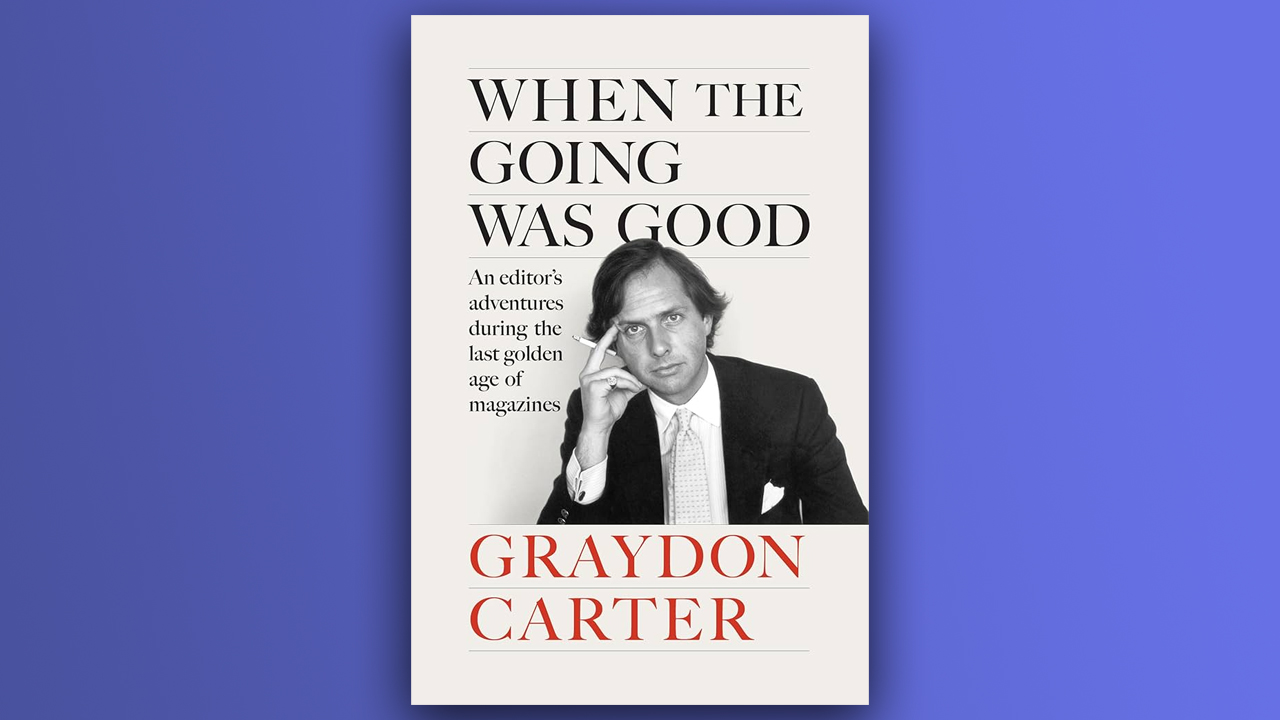
3. When The Going Was Good: An Editor’s Adventures During The Last Golden Age of Magazines
(Graydon Carter)
It doesn’t get more inner circle than ex-Vanity Fair editor Graydon Carter. You probably saw a version of him immortalised by Jeff Bridges in the 2008 film How To Lose Friends & Alienate People. Magazine editor’s memoirs are always bloody good fun for the catty, candid stories and portraits of famous politicians, artists, and movie stars… and don’t forget the hangers-on. After stints at his own satirical Spy mag, Time and Life, Carter presided over 25 years of New York City parties so the morsels will be juicy.
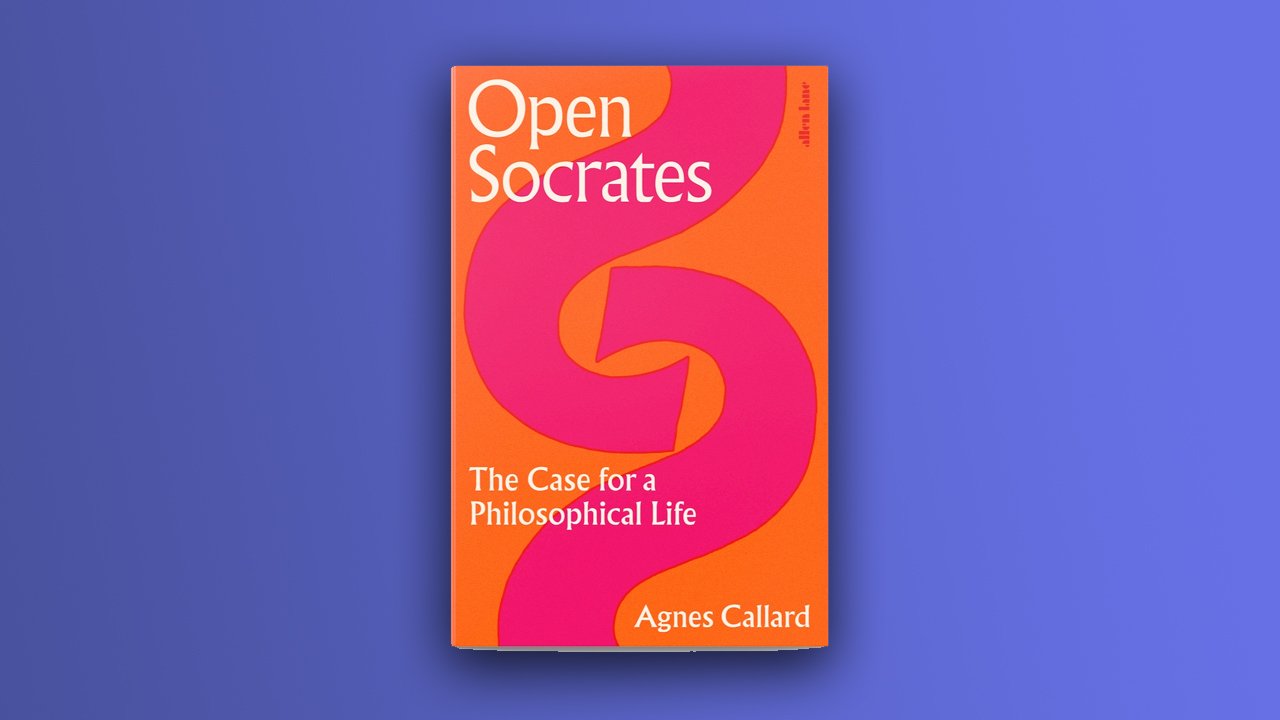
4. Open Socrates: The Case for a Philosophical Life
(Agnes Callard)
If you’re a fan of Alain de Botton’s The Consolations of Philosophy, Agnes Callard’s look at the ancient Greek’s famous Socratic method will be a hit. It’s a good time of year for a high-brow historical instruction manual, especially as, when it comes to the classics, Gladiator 2 is the only recent pop-culture moment of note (and all it taught us was not to get into a Colosseum full of sharks). Callard explains how putting real effort into intellectual dialogues with the people around us can help us figure out modern life, love and even death. Jordan Peterson could never.
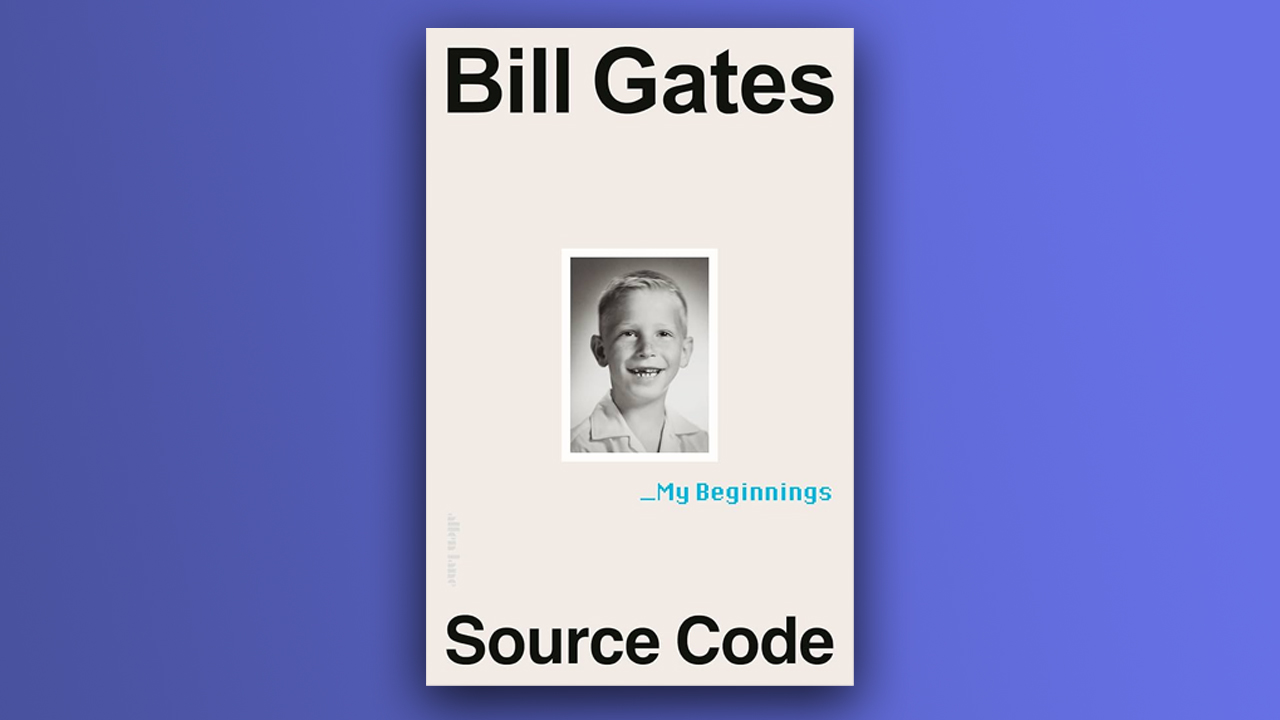
5. Source Code: My Beginnings
(Bill Gates)
While the world obsesses over every little, last Elon Musk tweet, cosy up with this memoir of another, slightly more benign billionaire. Bill Gates has written an account of his life up to the point of Microsoft’s first deal with Apple in the late 70s. An origin story of the pre-Clippy years, if you will. This one starts out in Seattle and takes in his family, his teenage love of coding and dropping out of Harvard to start what would become the tech giant.

6. The Secret Painter
(Joe Tucker)
An honest-to-god biography of a working-class man who isn’t a celebrity, TV writer Joe Tucker’s The Secret Painter tells the story of his slightly peculiar Uncle Eric and the five hundred paintings he kept secret in an attic in Warrington for most of his life. Until, that is, he decided to exhibit them. Enough to warm the cockles. More where this came from please.
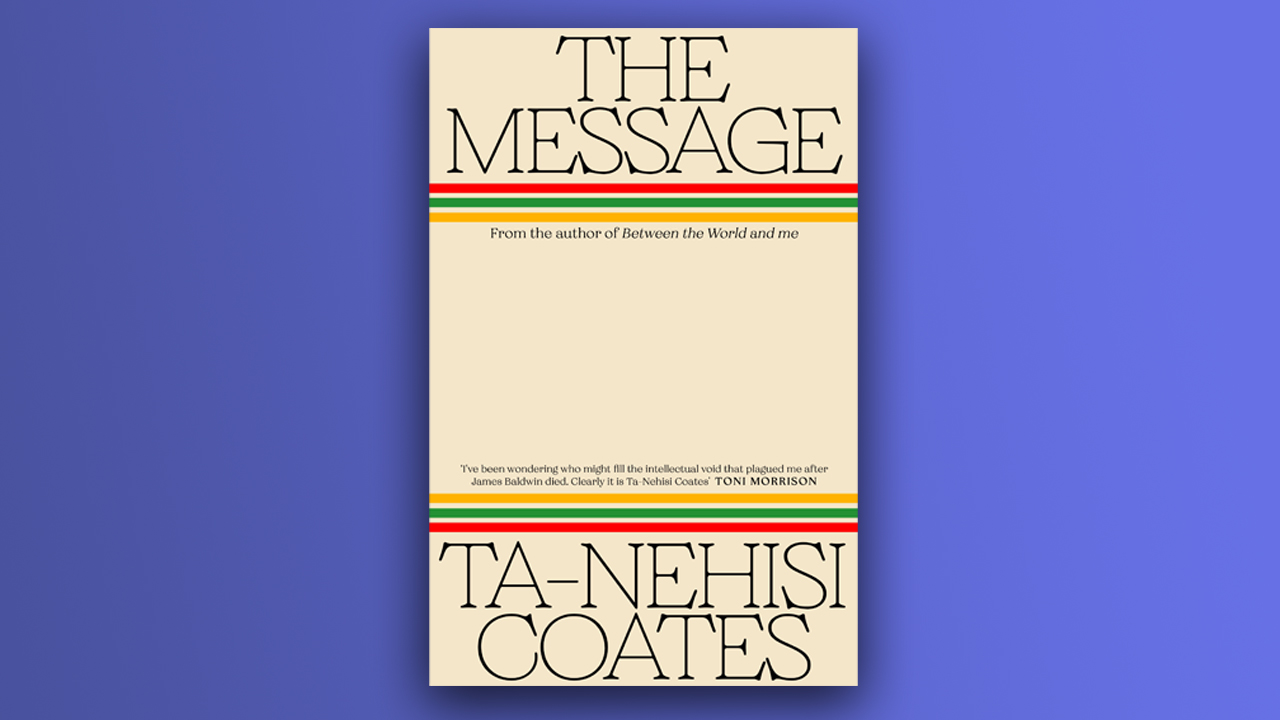
7. The Message
(Ta-Nehisi Coates)
This is the serious non-fiction book to tackle this winter. Coates is an intellectual heavyweight in the States in particular and The Message takes all the moral authority he has accrued over the past decade or so, with landmark essays and books on the case for reparations for slavery and the Obama years, and uses it to shine a light on the tragedy happening in Gaza. Coates also travels to Senegal and South Carolina to analyse book banning, how countries get mythologised and the role of writing itself.
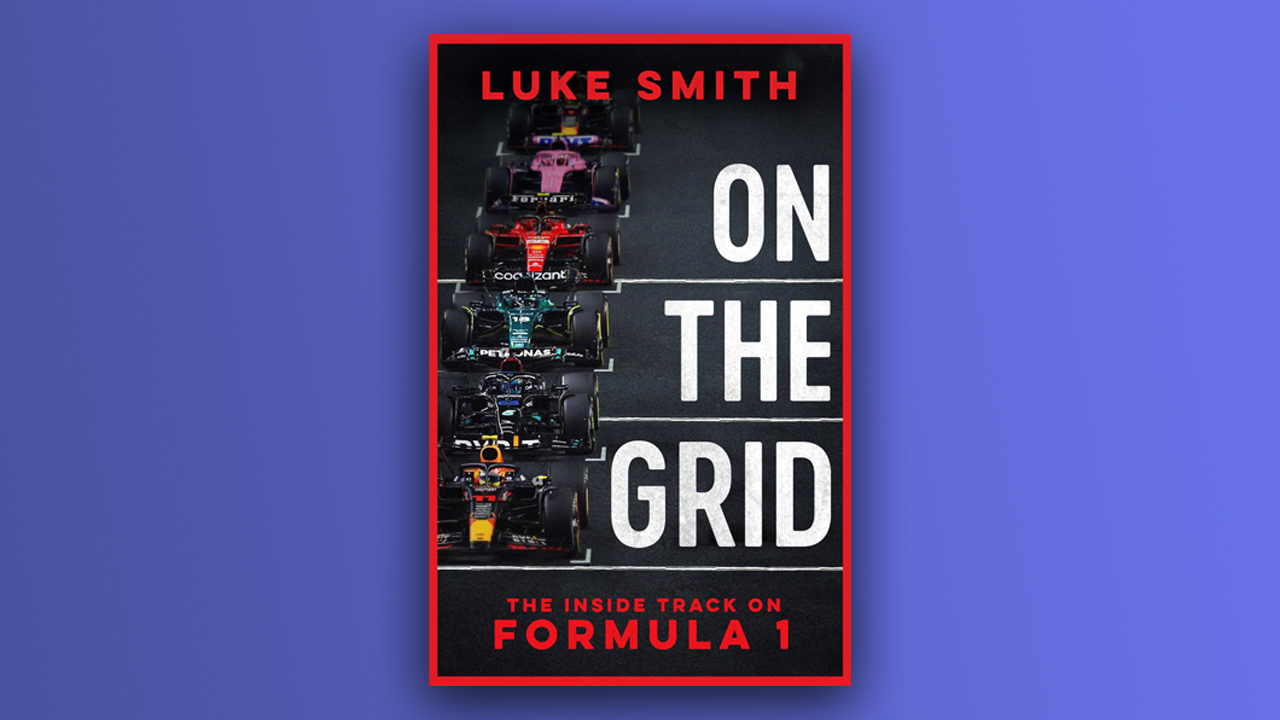
8. On The Grid: The Inside Track on Formula 1
(Luke Smith)
One for petrolheads, this is an insider’s account of more than ten years of F1 drama from The Athletic journalist Luke Smith. Smith distills the magic of the grid on race day as “the sounds, the smells, the tension, the glamour, the people”. His real-world characters include the Formula 1 drivers and the principal of each racing team, sure, but also the engineers, the pit crew and the fans. Plus he sprinkles in some history and some technology with those big personalities, too.
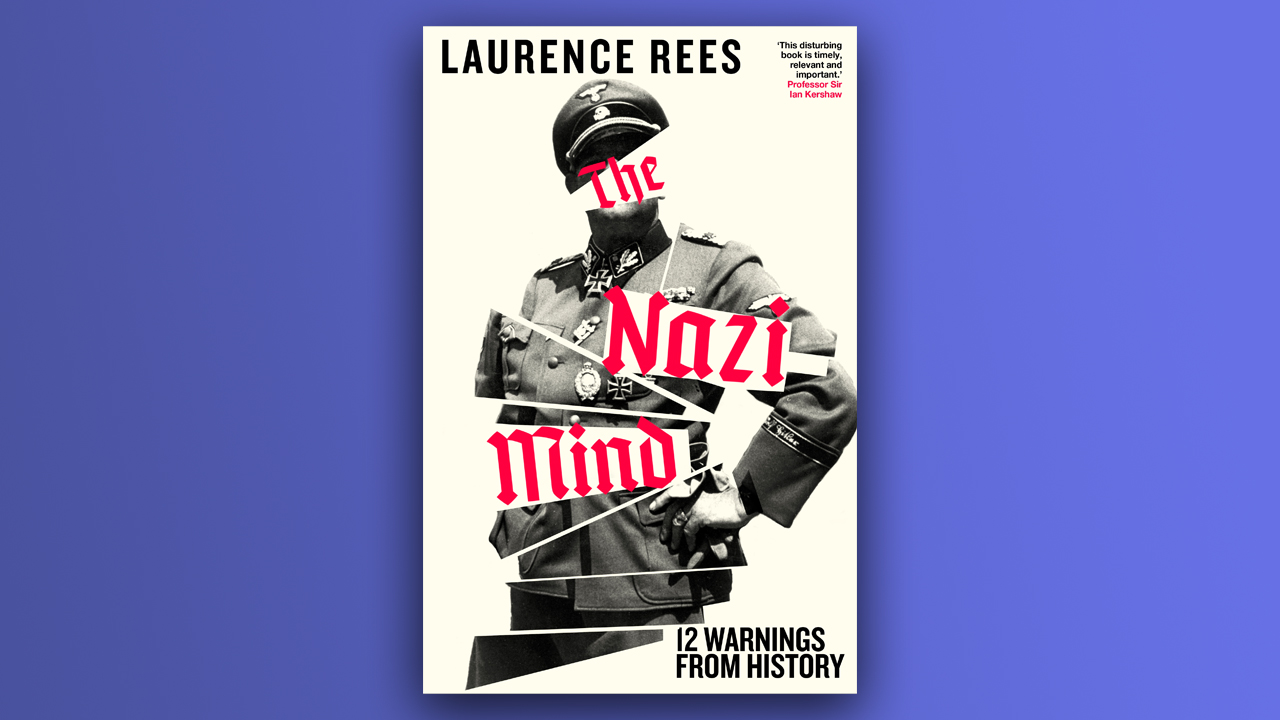
9. The Nazi Mind: Twelve Warnings From History
(Laurence Rees)
There’s no easy way to say this but it’s clear that some people who don’t know how to use the internet - both old and young - are coming away from it with distinctly Nazi-ish tendencies. Laurence Rees is a World War II expert, the former head of BBC History TV and a favourite author of one Volodymyr Zelensky. His new book examines why and how ordinary Germans obeyed the authorities, willingly committed crimes and tolerated Nazi rule via new research in psychology. Rees guides us through the signs to look out for in 2025’s leaders, from talk of ‘us’ and them’ to full-on fascism.

10. Squatting London: The Politics of Property
(Samuel Burgum)
This one snuck out a couple of days before Christmas but it’s new enough for us. A Pluto Press book, Squatting London is an underground history of squatting scenes in the capital city which gets into gentrification, counter cultures, homeless shelters, raves and the Covid pandemic. Burgum chats to activists and academics about art, politics and making a home in the middle of a housing crisis.
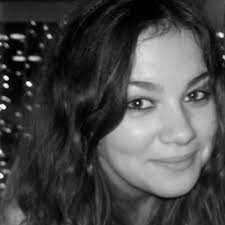
Sophie Charara is a freelance tech and culture journalist. Sophie is a former associate editor of WIRED, and former associate editor at Wareable and The Ambient.

